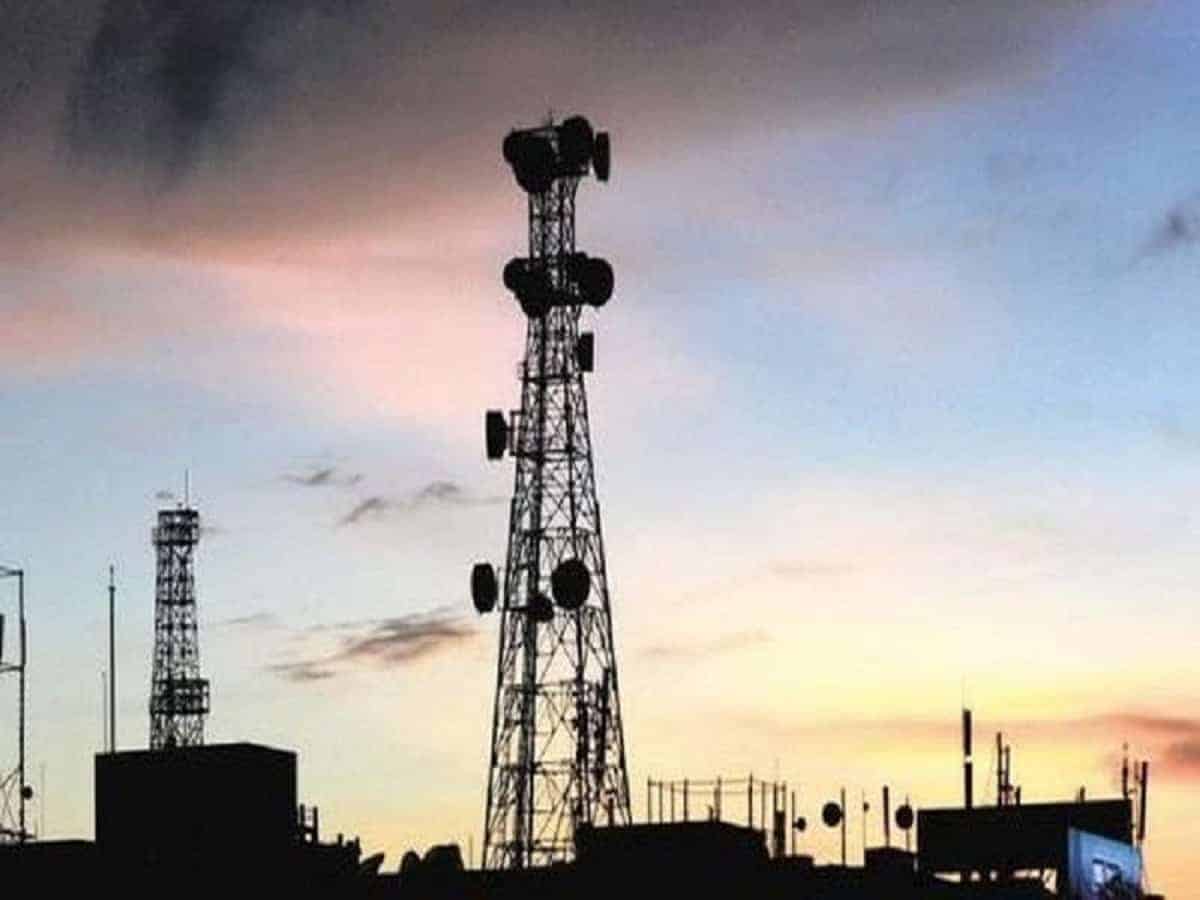New Delhi: Indian telecom operators are losing around 24.5 million rupees ($350,000) every hour they are forced to suspend internet services on government orders to control protests against a new citizenship law.
On Friday, mobile internet was ordered shut in at least 18 districts in northern Uttar Pradesh state, a telecoms industry source told Reuters. A Reuters witness received a text message from an internet service provider announcing that home broadband services on the outskirts of capital New Delhi will be unavailable for 24 hours, till the morning of Dec 28.
Indians consume an average of 9.8 gigabytes of data per month on their smartphones, the highest in the world, according to Swedish telecoms gearmaker Ericsson. The country is the biggest market by users for social media firm Facebook and its messenger WhatsApp.
Internet shutdowns should not be the first course of action, said the Cellular Operators Association of India (COAI), which counts mobile carriers Bharti Airtel, Vodafone Idea and Reliance Industries’ Jio Infocomm as its members.
“We’ve highlighted the cost of these shutdowns,” COAI director general Rajan Mathews told Reuters. “According to our computation at the end of 2019, with the increase in online activities, we believe the cost (of internet shutdowns) is close to 24.5 million rupees for an hour of internet shutdown.”
The revenue losses will pile on to the woes of India’s telecoms sector, bruised by a price war and saddled with a combined $13 billion in overdue payments following a Supreme Court ruling in October.
Bharti, Vodafone Idea and Reliance Jio did not respond to emails seeking comment.
The bans follow an unprecedented shutdown of internet and text messaging services in parts of Delhi last week, widening a communications clampdown in restive areas stretching from disputed Kashmir to the northeast.
Internet services in Indian Kashmir were suspended for over 140 days since New Delhi relegated its status to a federally administered territory from a state, making it the longest such shutdown in a democracy, according to the digital rights group Access Now.

